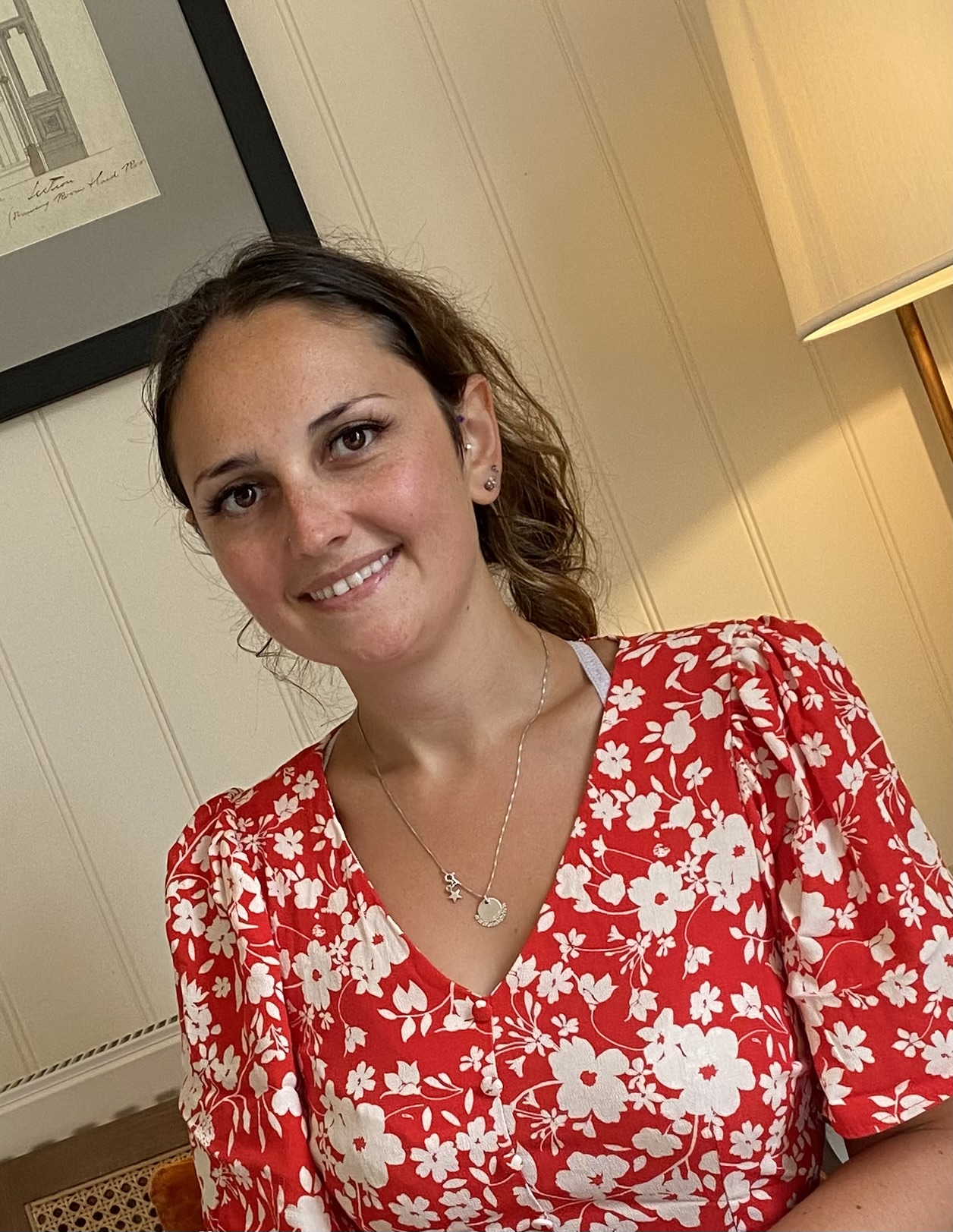When processing speech, listeners use a variety of cues, including speech rate, to make predictions about upcoming linguistic content. How such predictions are made is likely to be influenced by factors that vary between listeners, however: specifically, individual differences in working memory, attention, and general prosodic processing may all be associated with variation in the use of linguistic predictions. A three-part study will test whether individual cognitive factors affect listeners’ ability to track speech rate and, if so, whether certain listeners are better at using timing cues to predict both upcoming word boundaries and conversational turn-taking. Experiment 1 will test for associations between listeners’ attention, working memory and prosodic processing and their ability to track speech rate by means of a finger-tapping task. Experiment 2 will investigate whether these individual variations influence listeners’ ability to predict upcoming word boundaries (by finding a target probe in a string of nonsense syllables) or interlocutors’ turn-taking (by button pressing as soon as a turn transition is detected in recorded conversation). Experiment 3 will adapt tasks used in the second experiment, with the addition of background noise, to identify whether individual differences predict real-world listening performance. We expect that individual difference in cognition and prosodic processing will affect listeners’ ability to track speech rate and thus to make predictions that enhance perception and understanding of speech. These findings will point to means of support for speech-based interactions in infants with disorders of language development or in adults with acquired neurolinguistics impairments.

